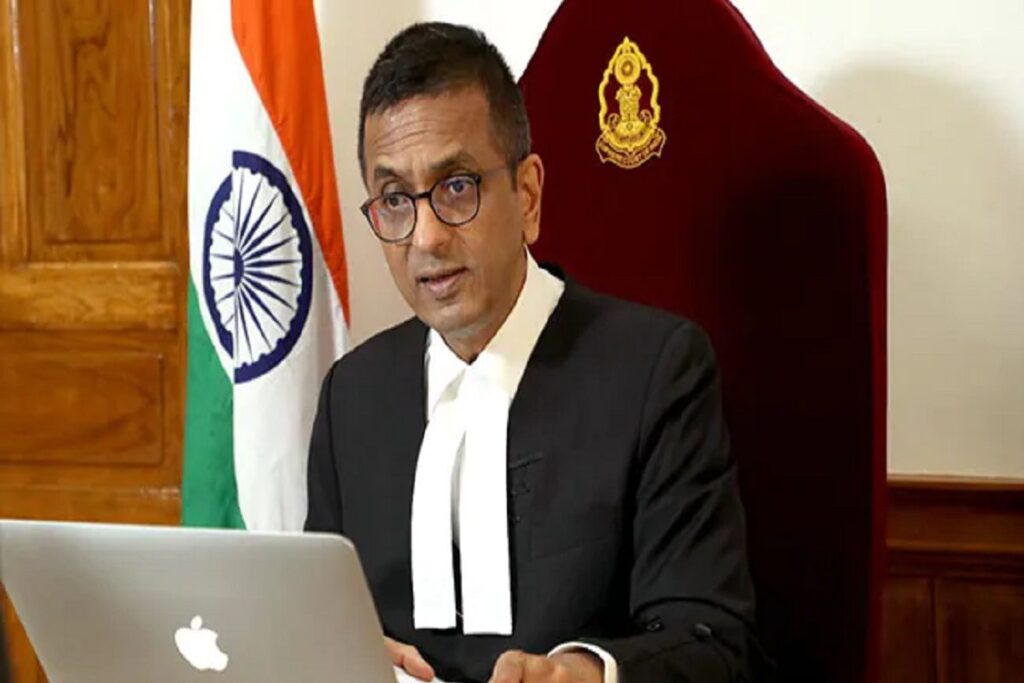CJI Chandrachud was shocked to see the application for registration of live in relationship, know what he says on live in relationship
Law

The Supreme Court on March 20 dismissed a PIL seeking registration of live- in relationships. Along with this, the petitioner was also reprimanded. Chief Justice of India DY Chandrachud (CJI DY Chandrachud), Justice PS Narasimha and Justice JB Pardiwala’s bench while hearing the case also raised questions on the intention of the petitioner.
CJI Chandrachud was upset after seeing the application
Commenting strongly on the PIL, Chief Justice DY Chandrachud (CJI DY Chandrachud) said that do you want to play with the safety of the people living in live- in? Don’t want people to live in? CJI Chandrachud said that if a woman and a man decide to live together without marriage, then what is the work of the Central Government in this? What is the point of such an absurd petition? Penalty should be imposed on this.
What was demanded in the petition?
Advocate Mamta Rani had applied in her PIL that security arrangements should be made for the people living in live- in. It was also said in the petition that non- registration of live- in is a violation of Article 19 and Article 21 of the Constitution. In the petition, there was also a demand to enact a law regarding live- in relationship and there was also a demand from the Central Government to prepare a database.
The petition argued that violence between live- in partners has also increased in recent times. Incidents like rape and murder have also come to the fore. In such a situation, such incidents can be stopped by the registration of live in relationship.
What does the law say about live in relationship?
Live in Relationship means two adults living together under one roof without marriage. Although there is no separate legal definition of live in relationship. But in the year 1978, in the case of Badri Prasad vs. Director of Consolidation, the Supreme Court for the first time formally recognized the live- in relationship.
In this case, the Supreme Court had held that live- in relationship between two adults is not a violation of any Indian law. The court had said that if a couple has been living together for a long time, then it would be considered as marriage.
Similarly… Fundamental rights are mentioned in Article 19 to Article 22 of the Constitution. In a way, the root of live in relationship is also in these articles. Legal experts say that live- in relationship comes within the ambit of living life independently and is no different from Article 21.
Domestic violence law also applies
Similarly, in Indira Sharma vs. V.K. In the Sharma case, the Supreme Court said that the Domestic Violence Act, 2005 also applies to live- in relationships.




